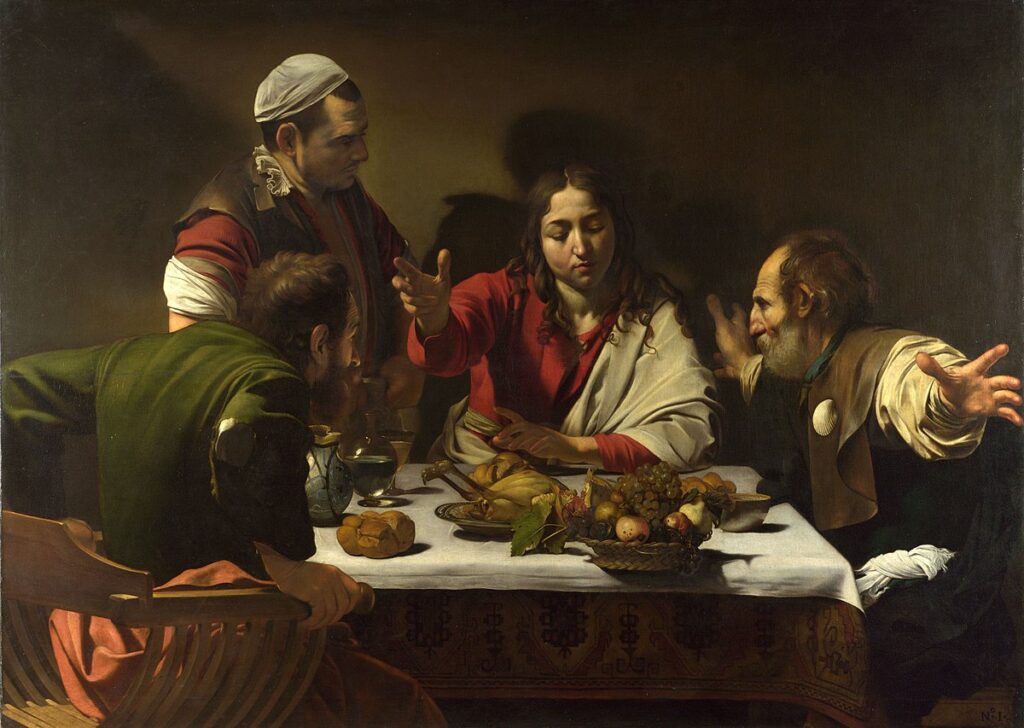
Home Groups / Series / Form - What is Spiritual Formation / Session One: Formed by Real-Life
Session One: Formed by Real-Life
In this session with the help of Brian Heasley we look at what spiritual formation is.

What is spiritual formation? In this first session, with the help of Brian Heasley, we look at the topic of spiritual foundation and how we can develop this in our everyday lives. At the end of the session there is a practical exercise to help us develop the skill of using our imagination to draw closer to God.
Watch this Interview with Brian Heasley, International Director at 24-7 Prayer and author of book Be Still. The book explores rhythms of prayer and devotion to help us spend quiet time with God in the midst of a full and fast-paced life.
Spiritual Formation is being dedicated to devotion and disciplining ourselves to be able to spend time with God. It’s allowing our life to be touched by God in order that we might grow in our knowledge of him and his ways. Some of this can happen corporately at church on a Sunday but most happens in individually space on our unique journey of life. We are formed by Christ as we walk the journey hand in hand with him.
We are God’s ‘handiwork’; which in Greek is the word ‘poemic’. This means poetry and indicates that God is writing a beautiful story with our lives – we are being shaped and moulded and formed into His wonderful masterpiece. Spiritual Formation is about joining in with what God wants to do in our lives. God is more interested in who we are becoming than who we have been. He is in the business of transformation and shaping rather than looking backwards. He is a future facing God.
In terms of discipline it can be hard to see formation as an invitation so we can sometimes categorise it as an obligation. If we look at the practice as a relationship it puts a new light on our attitude towards it.
Being still is fundamental in our spiritual health. Being still will look different depending on our individua situation. It isn’t always a physical stillness that lasts for hours on end. It is more a frame of mind or a space we create in our hearts. It’s a place of peace and contentment that comes only through knowing Jesus and being in relationship with him. We need to get to the ‘end of ourselves’ to be able to call on Jesus to help us to be still – he will show us the ways and means to do it – even in the midst of our busy lives.
Jesus, through his parables was trying to get the audience to place themselves in the story he was telling. This is a helpful way today to be able to engage with God. Our imagination was given to us by the creator God and we can use it to help us to draw closer to him.
In this practice try and imagine yourself in the story; try to see what the the main person in the story can see, try to put yourself in the crowd or in the room, try to imagine what you might be feeling, picture the interactions between Jesus and the people.
The Supper at Emmaus by Caravaggio (below image) represents the story, told in Luke’s Gospel when after the Crucifixion, two of Jesus’s apostles invite an apparent stranger (Jesus), whom they have just met, to share their meal with them.

Look at this picture and imagine yourself as a pilgrim (a person who journeys to a sacred place) sitting at this table. Spend some time as a group reading the key bible passage and looking the painting and ask God to speak to you as you put yourself in the story and the picture.
On the Road to Emmaus
13 Now that same day two of them were going to a village called Emmaus, about seven miles[a] from Jerusalem. 14 They were talking with each other about everything that had happened. 15 As they talked and discussed these things with each other, Jesus himself came up and walked along with them; 16 but they were kept from recognizing him.17 He asked them, “What are you discussing together as you walk along?”
They stood still, their faces downcast. 18 One of them, named Cleopas, asked him, “Are you the only one visiting Jerusalem who does not know the things that have happened there in these days?”
19 “What things?” he asked.
“About Jesus of Nazareth,” they replied. “He was a prophet, powerful in word and deed before God and all the people. 20 The chief priests and our rulers handed him over to be sentenced to death, and they crucified him; 21 but we had hoped that he was the one who was going to redeem Israel. And what is more, it is the third day since all this took place. 22 In addition, some of our women amazed us. They went to the tomb early this morning 23 but didn’t find his body. They came and told us that they had seen a vision of angels, who said he was alive. 24 Then some of our companions went to the tomb and found it just as the women had said, but they did not see Jesus.”
25 He said to them, “How foolish you are, and how slow to believe all that the prophets have spoken! 26 Did not the Messiah have to suffer these things and then enter his glory?” 27 And beginning with Moses and all the Prophets, he explained to them what was said in all the Scriptures concerning himself.
28 As they approached the village to which they were going, Jesus continued on as if he were going farther. 29 But they urged him strongly, “Stay with us, for it is nearly evening; the day is almost over.” So he went in to stay with them.
30 When he was at the table with them, he took bread, gave thanks, broke it and began to give it to them. 31 Then their eyes were opened and they recognized him, and he disappeared from their sight. 32 They asked each other, “Were not our hearts burning within us while he talked with us on the road and opened the Scriptures to us?”
33 They got up and returned at once to Jerusalem. There they found the Eleven and those with them, assembled together 34 and saying, “It is true! The Lord has risen and has appeared to Simon.” 35 Then the two told what had happened on the way, and how Jesus was recognized by them when he broke the bread.
Luke 24: 13-35